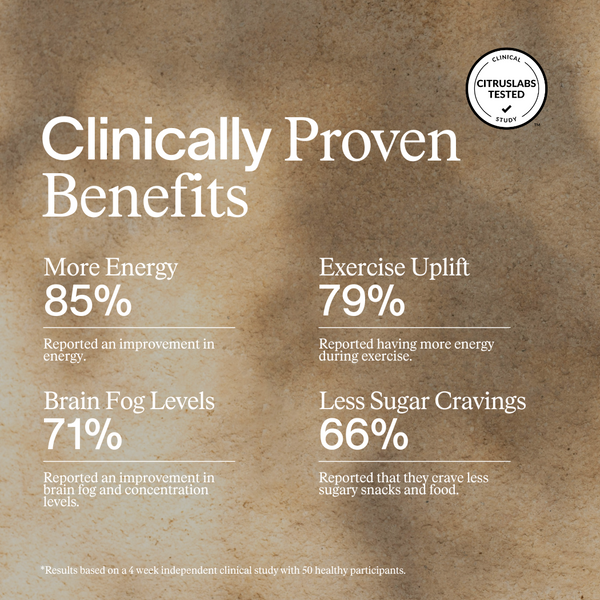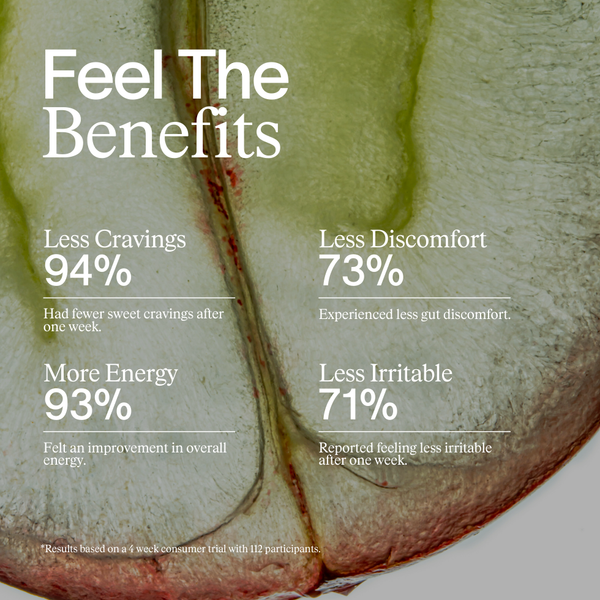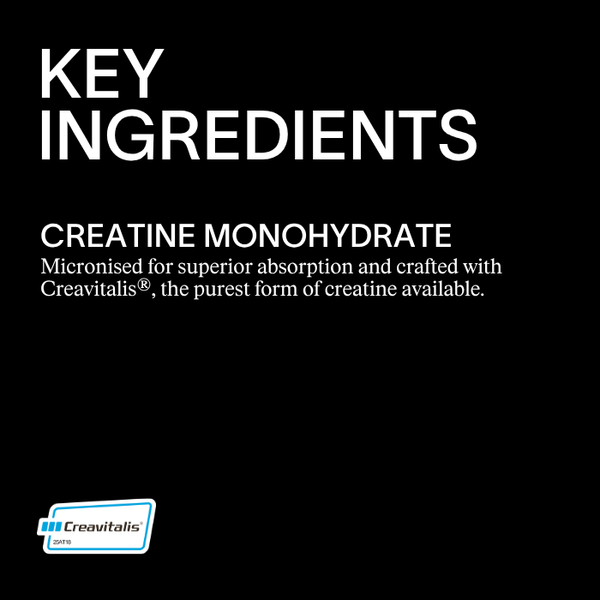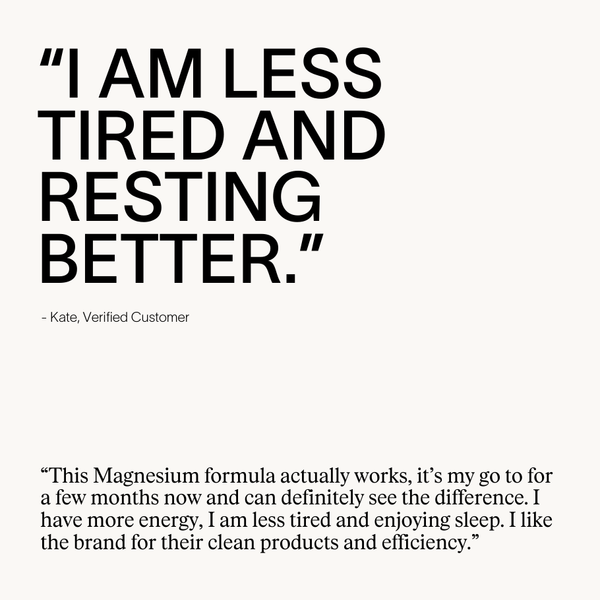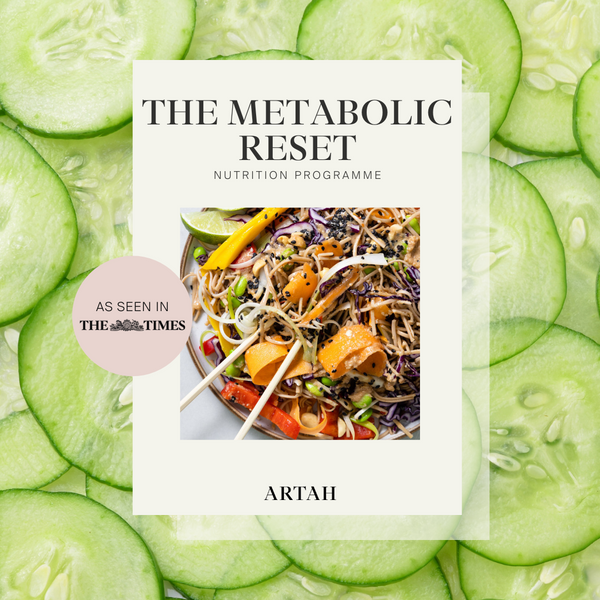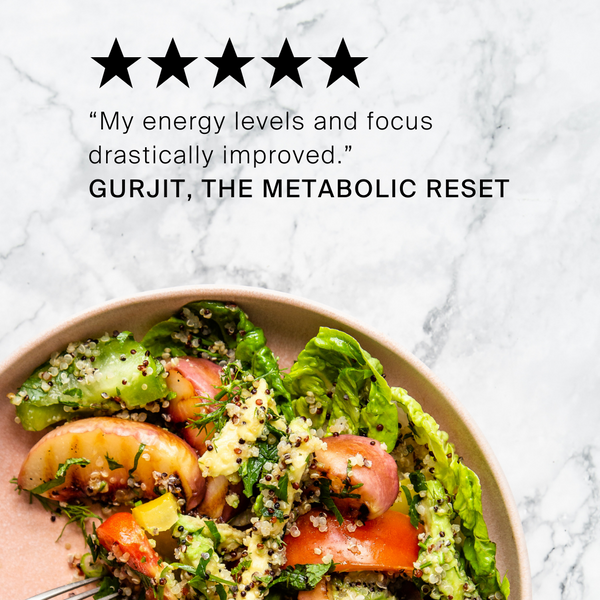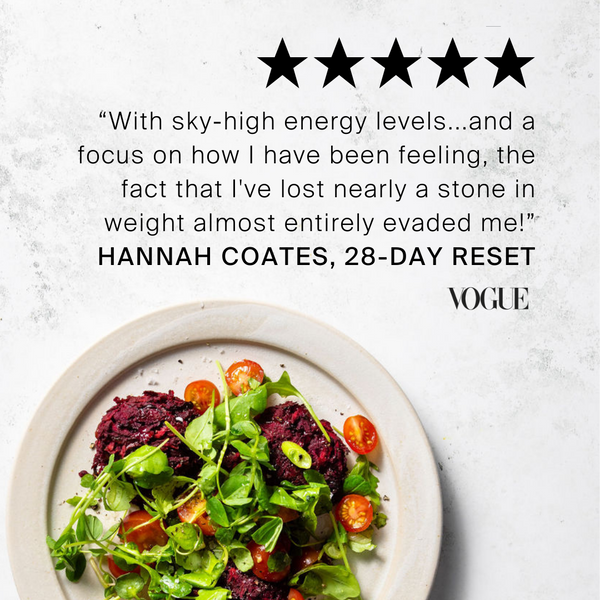One of the most common results of weight-focused diets is weight regain, which is why a health-focused, vitality approach to wellness will always win.
Last week we covered the first weight loss myths we want you to ignore, and we’re back this week with three more to add to the list.
Myth 1: You need to pump the cardio.
We can’t lie, we love cardio. Its endorphins are some of the best ways to enhance our mood, memory, cognition and overall emotional wellbeing. If it’s impact-based cardio, it’s also an effective pro-kinetic to help pump the lymphatic system and naturally encourage peristalsis in the gut (aka – it helps us poop). And yes, it does help if you’re looking to lose weight. But - the trump card for any weight loss programme is muscle mass. Muscle is metabolically active; it uses glucose at rest to fuel its metabolism, and it also acts as a reservoir for excess glucose when we’ve bitten off more than we can chew (literally). From a circulation and elimination POV, the primary driver of lymphatic drainage is skeletal muscle contraction, so having (and using) muscles is a core part of any detox regime. Finally, increased muscle mass improves insulin sensitivity, which is important for both short and long-term metabolic health, emotional health and risk of illness. If you want to include strength training in your routine, it doesn’t mean you need to be pumping heavy weights. In fact, body weight strength workouts can be incredibly effective (and convenient), and as you build your confidence you can add in accessories like bala bangles, thera bands and kettlebells to increase the load on your muscles.
Myth 2: You should IF every day.
Intermittent fasting (IF) hit the scene over a decade ago and is still a popular, buzz-worthy method to tackle everything from longevity and weight management to IBS and mental performance. But, when it comes to getting the results you crave, the key to its effectiveness is the I in IF; intermittent. Over fasting is a common pitfall for those who get into the IF life. People start, like their results, so instinctively think that more fasting will mean better results, but this is rarely the case, and often, it can have unwanted side effects. Why? Periodic fasting or caloric reduction acts like a hormetic stressor, which is something that could be damaging in excess, but when done in the right doses, leads to positive adaptations. From an IF perspective, these beneficial changes can include better metabolic flexibility, lower overall insulin load, visceral fat loss, heightened cognitive performance and cellular repair.
Prolonged calorie restriction, on the other hand, has been shown to have a detrimental effect and can lead to muscle loss, immune depletion, hormone imbalances, and nutrient deficiencies. In addition, we also tend to lose metabolic flexibility and lower our basal metabolic rate; meaning our metabolism essentially slows down to compensate for the lack of nutrition.
So how much is enough? It depends on your starting point, but if you’re looking to boost your metabolic health and target visceral fat loss, try 3-4 x IF per week for 3 weeks, with one week off. If you’d like more structured guidance, try our highly effective Metabolic Reset, which has a 21-day protocol with a 4-5-4 approach and over 95 recipes. If you’re looking for longevity and cellular repair, try a short, fasting mimicking style protocol, like The 5-Day Cleanse, and combine it with restorative, slow movement.
Myth 3: You need to count your calories.
Calorie-counting was abandoned by health professionals long ago as an effective metric for weight management in favour of a more holistic, whole-food approach to metabolic health. And guess what? It works. It’s not just about numbers; the type of calorie we eat influences metabolic signalling, hormone balance, and our microbiome’s metabolism, making the quality of food we eat far more important than the exact caloric value. A recent study in the Journal of the American Medical Association highlighted this. Six hundred people were followed over a year, and were randomised to a healthy low-fat diet, or a healthy low carb diet. Both groups received guidance and education on healthy eating, and they were told to eliminate added sugar, refined grains and processed foods. At the end of the trial, both groups had achieved significant weight loss, but the difference was insignificant between the groups; the low carb group lost an average of 6kg and the low-fat group lost an average of 5.3kg. That’s not all that happened; both groups saw an improvement in waist circumference, lipid profiles, blood pressure, insulin, and glucose levels, with little difference in results between the diets. What’s striking about this trial is that the participants weren’t given any calorie goals or references to stick to, just the guidance to drop the unhealthy foods and increase whole foods. Whilst it can be helpful to have a foundational understanding of calories, food quality wins time and time again. Looking for whole food inspiration? Try The Recipes from The Metabolic Reset.
If you’re not sure where to start but are looking to help learn healthy behaviours, understand the science of your metabolism, and learn how to cook delicious, inspiring meals, check out or transformative nutrition programmes here.


